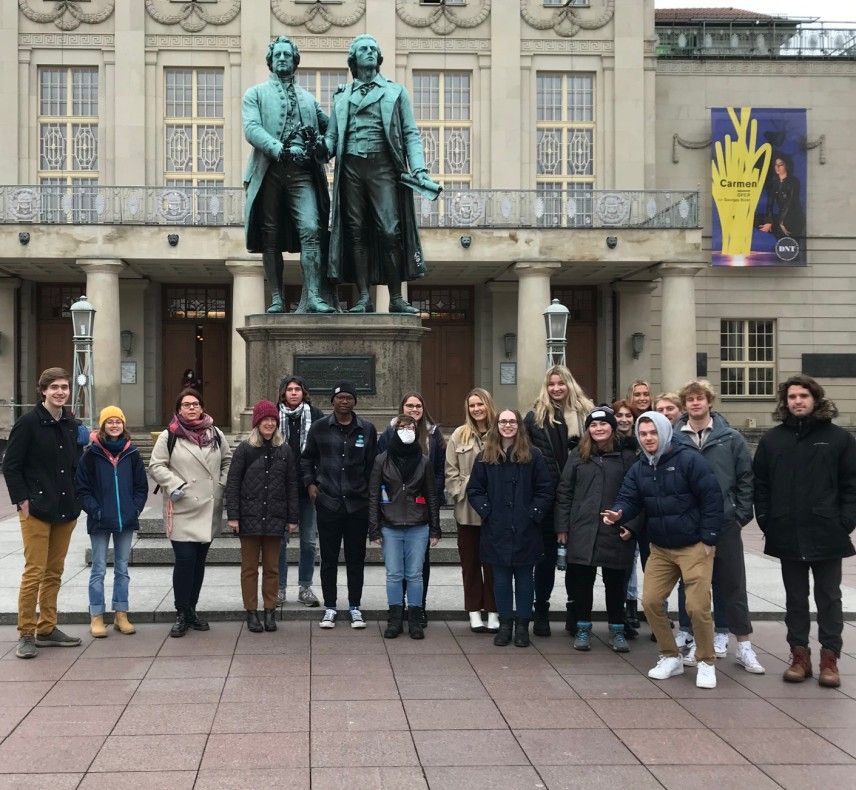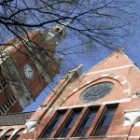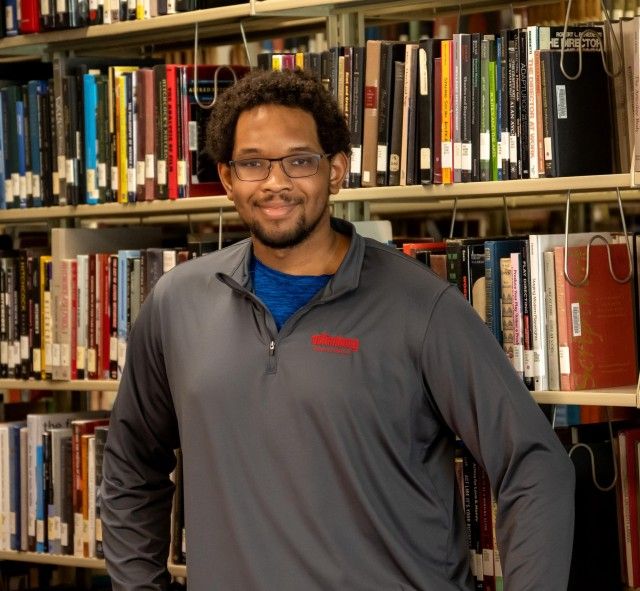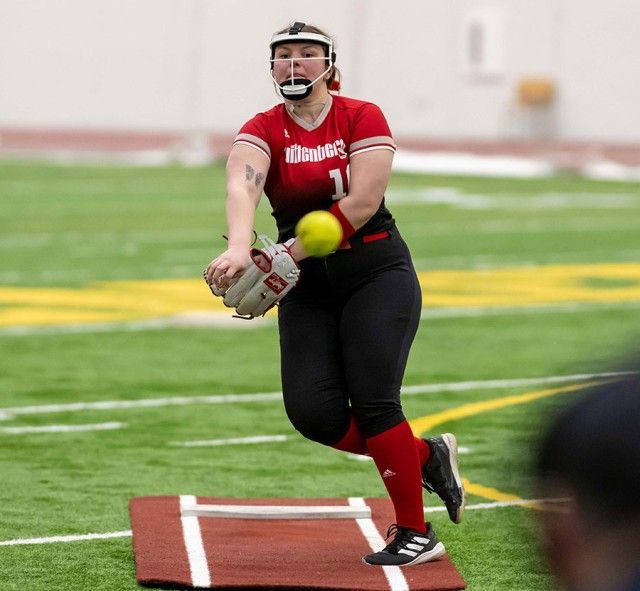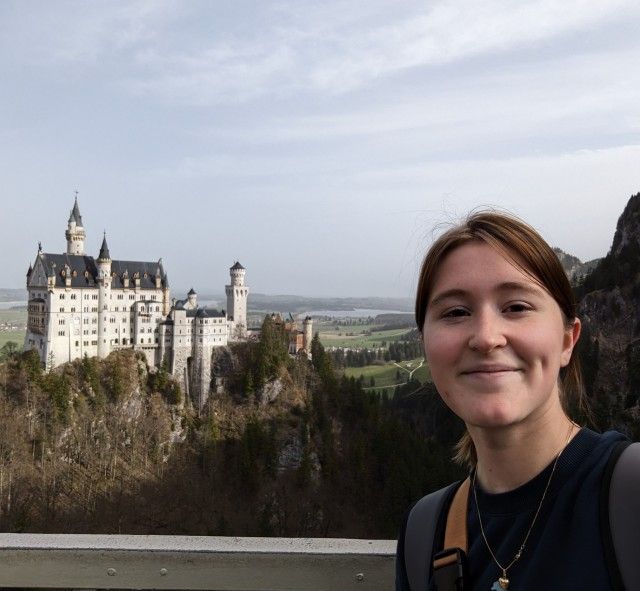I feel like Luther. Martin Luther lived with his students. In the aptly named Lutherhaus, they shared meals together, and the ideas generated in the classroom reappeared over conversation at the dinner table.
This morning, three students stopped by my table—in our shared eating space at the Colleg in Wittenberg, Germany—to talk to me about their papers. Another mentioned that he had sent me a new first page while walking in to get his food, still barely awake. Most of them are comparing Christopher Marlowe’s Dr. Faustus with Johann von Wolfgang Goethe’s Faust, and wondering who made the better bargain with Mephistopheles, nominally a representative of the underworld in the text, but more truly a representative of Faust’s inner longings. Nearly all these students think Goethe’s Faust made the better deal, and largely because what this Faust wanted in exchange was self-knowledge and the power to always grow and learn. By contrast, Marlowe’s Faustus wants external power, a power that he quickly finds we cannot control, as this power relies on the whims of others, and can disappear as quickly as it is given. What is exciting to me is that the students—at first rightfully a little overwhelmed by the difficulty of this material, particularly Goethe’s nearly 400-page philosophical poem—are deeply engaging with it as they write their papers, and although it is not stated explicitly there, making connections to their own lives.
Of course, all of this feels even more meaningful because it is happening in Wittenberg. Germany. This is where the real Faust supposedly lived. The marker for his house is just down the street from the Leucorea, where our class is held. The Leucorea is what remains of THE Wittenberg University, the historic one our institution is named after and where Luther taught, and where both Marlowe’s and Goethe’s Faust teach before embarking on a new journey of understanding (or as my students are arguing, lack thereof in the case of Marlowe’s Faustus.)
My students are also taking a risk. They have chosen to take their studies to a new place at a challenging time, and to make their learning not something contained to the classroom, but something that happens 24/7. Walking to class, ordering lunch, booking a train to a hiking trail in Saxony, Switzerland, scheduling a flight to Budapest, biking through town and along the trails that border the river Elbe, all of this (and more!) is a learning experience, sometimes a complicated one. Indeed, we even had an extended lesson on German table manners, and found ourselves, despite all those rules and having to hold our forks in our left hands, enjoying the warmth of good conversation over a delicious four course meal.
The students on our study abroad program “Wittenberg in Wittenberg” have chosen Goethe’s deal. To make learning an intrinsic part of everything they do. The growth in these students is already apparent. And I, as their aging professor, have made the best deal of all: feeling like Luther at 8 a.m. on a Thursday morning while engaging ideas at the breakfast table and learning alongside my students.
-Cynthia Richards, Ph.D.
Veler Endowed Chair in English
2022 Director, Witt in Wittenberg, Germany, Program


